How To Make Keto Peanut Butter Cookies With A Crunchy Texture
How To Make Keto Peanut Butter Cookies With A Crunchy Texture
Ingredients
Required Ingredients
Ingredients:
1 cup creamy peanut butter

1/2 cup granulated erythritol
1/4 cup coconut flour
1/4 cup almond flour
1/4 cup unsweetened cocoa powder
1/2 teaspoon baking powder
1/4 teaspoon salt
1 egg
1 tablespoon milk of selection (optional)
Required Ingredients:
Measuring cups and spoons
Mixing bowls
Whisk
Baking sheet
Parchment paper
Cookie scoop or spoon
Ingredients
1 cup unsalted butter, softened
½ cup peanut butter, creamy or chunky
½ cup coconut sugar
1 massive egg
1 ½ cups almond flour
¾ cup sugar-free chocolate chips (optional)
½ teaspoon baking soda
¼ teaspoon fine sea salt
Unsweetened peanut butter
Unsweetened peanut butter is an efficient source of protein and healthy fat.
It is created from peanuts which were roasted and ground.
Unsweetened peanut butter doesn’t contain any added sugar or sweeteners.
It has a naturally sweet taste that comes from the peanuts themselves.
Unsweetened peanut butter is a flexible ingredient that can be used in a wide selection of recipes.
It can be used as a spread on sandwiches, crackers, or fruit.
It can additionally be used as an ingredient in smoothies, sauces, and baked goods.
Almond flour
Ingredients
Almond Flour: This is a key ingredient within the cookies, as it gives them their crumbly and crunchy texture. It is necessary to make use of a finely ground almond flour for the best outcomes.
Erythritol
– 1 cup (2 sticks) unsalted butter, softened
– half of cup granulated erythritol
– half cup packed light brown erythritol
– 1 giant egg
– 2 teaspoons vanilla extract
– 1 half of cups creamy peanut butter
– 1 teaspoon baking soda
– half of teaspoon salt
– 1 cup sugar-free chocolate chips, optional
Egg
Eggs are a nutritious ingredient that can be utilized in a variety of recipes. They are a great source of protein, fats, and nutritional vitamins. In baking, eggs act as a binder, emulsifier, and leavening agent. This signifies that they help to hold ingredients together, forestall the formation of lumps, and create a lightweight and fluffy texture.
In the recipe for Keto Peanut Butter Cookies with a Crunchy Texture, eggs are used to bind the components together and create a chewy texture. The eggs additionally help to brown the cookies and give them a barely crispy exterior.
If you would possibly be allergic to eggs, you possibly can substitute a flax egg or a chia egg. To make a flax egg, mix 1 tablespoon of ground flaxseed with 3 tablespoons of water. Let the mixture sit for five minutes, till it turns into gel-like. To make a chia egg, combine 1 tablespoon of chia seeds with 3 tablespoons of water. Let the combination sit for 5 minutes, until it becomes gel-like.
Baking powder
Ingredients:
- 1 cup (120g) almond flour
- 1/2 cup (60g) coconut flour
- 1/4 cup (30g) powdered sweetener (such as erythritol or monk fruit)
- 1/4 cup (25g) peanut butter powder
- 1 teaspoon baking powder
- 1/4 teaspoon salt
- 1/4 cup (60ml) unsweetened almond milk
- 1/4 cup (60g) creamy peanut butter
- 2 tablespoons (30ml) melted unsalted butter
- 1 teaspoon vanilla extract
Baking powder:
- Baking powder is a leavening agent that helps baked items rise.
- It consists of baking soda, an acid (usually cream of tartar or sodium aluminum sulfate), and a starch (such as cornstarch or potato starch).
- When baking powder is mixed with a liquid, the acid reacts with the baking soda to launch carbon dioxide fuel.
- This fuel creates bubbles in the batter or dough, which causes it to increase and rise.
- Baking powder is commonly used in cookies, cakes, muffins, and different baked goods.
Salt
Ingredients
Making keto peanut butter cookies with a crunchy texture requires particular components that contribute to their unique taste and texture.
Flour: Almond flour is the first flour utilized in keto baking. It provides a nutty taste and helps create a crumbly texture.
Sweetener: Erythritol or monk fruit sweetener replaces sugar to maintain the ketogenic food plan. These sweeteners provide sweetness without including carbohydrates.
Butter: Unsalted butter, softened, adds richness and helps create a chewy inside.
Peanut Butter: Natural, unsweetened peanut butter provides the distinctive peanut taste and helps bind the cookies together.
Eggs: Eggs act as a binder and contribute to the texture and structure of the cookies.
Baking Powder: Baking powder helps the cookies rise slightly, resulting in a extra tender crumb.
Salt: Salt enhances the flavour and balances the sweetness of the cookies.
Texture: To achieve a crunchy texture, the cookies have to be baked for an extended time at a decrease temperature. This permits the moisture to evaporate slowly, leading to a crispy exterior.
Ingredients:
- 1 cup creamy peanut butter (unsweetened)
- 1/2 cup butter, softened
- 1/2 cup granulated sweetener (such as Swerve or erythritol)
- 1 giant egg
- 1 teaspoon vanilla extract
- 1/2 cup almond flour
- 1/4 cup coconut flour
- 1 teaspoon baking powder
- 1/2 teaspoon salt
- 1/4 cup chopped peanuts (optional)
Optional Ingredients
Ingredients
- 1 cup unsalted butter, softened
- 1/2 cup peanut butter
- 1/2 cup granulated erythritol
- 1/4 cup almond flour
- 1/4 cup coconut flour
- 1/4 cup unsweetened cocoa powder
- 1/2 teaspoon baking powder
- 1/2 teaspoon vanilla extract
- 1/4 cup chopped peanuts (optional)
Optional Ingredients
- 1/4 cup sugar-free chocolate chips
- 1/4 cup chopped walnuts
- 1/4 cup chopped pecans
- 1 tablespoon floor flaxseed
- 1 tablespoon chia seeds
Ingredients:
– 1 cup (1 stick) unsalted butter, softened
– half of cup granulated sugar substitute (such as erythritol or monk fruit)
– 1/4 cup creamy peanut butter
– 1 giant egg
– 1 teaspoon vanilla extract
– 1 1/4 cups almond flour
– 1/2 teaspoon baking soda
– 1/4 teaspoon salt
– 1/4 cup chopped peanuts (optional)
Chopped peanuts
Chopped peanuts are a nice way to add some extra crunch and taste to your keto peanut butter cookies.
To chop peanuts, merely unfold them out on a chopping board and use a pointy knife to cut them into small pieces.
You can also use a meals processor to chop peanuts, but be careful to not over-process them, or they will turn into peanut butter.
Once the peanuts are chopped, add them to your cookie dough and mix until nicely mixed.
Sugarfree chocolate chips
Ingredients
For the cookies:
- 1 cup (2 sticks) unsalted butter, softened
- 1/2 cup granulated sugar-free erythritol
- 1/2 cup smooth peanut butter
- 1 large egg
- 1 teaspoon vanilla extract
- 1 3/4 cups almond flour
- 1/4 cup sugar-free chocolate chips
For the crunchy topping:
- 1/4 cup chopped peanuts
- 1 tablespoon granulated sugar-free erythritol
- 1/4 teaspoon ground cinnamon
Ingredients:
For the cookies:
1 cup (2 sticks) unsalted butter, softened
1/2 cup granulated erythritol
1/2 cup creamy peanut butter
1 large egg
1 teaspoon vanilla extract
1 cup almond flour
1/2 cup coconut flour
1/4 cup powdered erythritol
1/2 teaspoon baking soda
1/4 teaspoon salt
For the crunchy topping:
1/4 cup chopped peanuts
1/4 cup coconut flakes
1/4 cup granulated erythritol
1/4 teaspoon ground cinnamon
Instructions
Preparation
Instructions:
1. Preheat oven to 350°F (175°C).
2. Line a baking sheet with parchment paper.
3. In a medium bowl, whisk collectively the almond flour, baking powder, and salt.
4. In a separate bowl, cream together the peanut butter, butter, and sweetener until mild and fluffy.
5. Add the egg and vanilla extract to the peanut butter mixture and mix until combined.
6. Add the dry elements to the wet elements and mix until simply combined.
7. Form the dough into 1-inch balls and place on the ready baking sheet.
8. Flatten the balls with a fork to create a crisscross sample.
9. Bake for 10-12 minutes, or till the perimeters are golden brown.
10. Let the cookies cool on the baking sheet for a few minutes before transferring to a wire rack to cool utterly.
Preparation:
- Gather all elements and tools.
- Measure and prepare all elements according to the recipe.
- Preheat oven to the required temperature.
- Line a baking sheet with parchment paper.
• Ingredients:
• 1 cup creamy peanut butter, unsweetened
• 1/2 cup butter, softened
• 1/2 cup granulated erythritol
• 1 massive egg
• 1 teaspoon pure vanilla extract
• half of teaspoon baking soda
• 1/4 teaspoon salt
• 1/4 cup chopped peanuts (optional)
• Instructions:
• Preheat oven to 350 levels F (175 degrees C).
• Line a baking sheet with parchment paper.
• In a big bowl, cream collectively the peanut butter, butter and erythritol until gentle and fluffy.
• Beat in the egg and vanilla extract.
• In a separate bowl, whisk collectively the baking soda and salt.
• Add the dry ingredients to the wet elements and blend until just mixed.
• Stir in the chopped peanuts, if desired.
• Drop the dough by rounded tablespoons onto the prepared baking sheet, spacing them about 2 inches apart.
• Bake for 10-12 minutes, or till the sides are golden brown and the facilities are set.
• Let the cookies cool on the baking sheet for a few minutes earlier than transferring to a wire rack to chill completely.
• Enjoy!
Preheat oven to 350°F (175°C).
Preheat oven to 350°F (175°C).
Line a baking sheet with parchment paper.
• Preheat oven to 350 levels F (175 degrees C).
• Line a baking sheet with parchment paper.
• In a big bowl, cream collectively the butter and peanut butter until mild and fluffy.
• Beat in the eggs one at a time, then stir within the vanilla extract.
• In a separate bowl, whisk together the almond flour, coconut flour, baking soda, and salt.
• Gradually add the dry components to the wet ingredients, mixing until simply mixed.
• Form the dough into 1-inch balls and place on the ready baking sheet.
• Flatten the balls with a fork to create a crisscross sample.
• Bake for 10-12 minutes, or till the edges are golden brown.
• Let cool on the baking sheet for a couple of minutes earlier than transferring to a wire rack to cool fully.
Instructions:
1. Preheat oven to 350°F (175°C).
2. Line a baking sheet with parchment paper.
3. In a large bowl, cream collectively the butter and peanut butter till gentle and fluffy.
4. Beat in the egg and vanilla extract.
5. In a separate bowl, whisk collectively the almond flour, coconut flour, baking powder, and salt.
6. Gradually add the dry components to the wet elements, mixing until just combined.
7. Stir within the chopped peanuts.
8. Drop the dough by rounded tablespoons onto the prepared baking sheet, spacing them about 2 inches apart.
9. Use a fork to flatten every cookie barely.
10. Bake for 10-12 minutes, or till the perimeters are golden brown and the facilities are set.
11. Let the cookies cool on the baking sheet for a couple of minutes earlier than transferring them to a wire rack to cool utterly.
Mixing the Dough
Instructions:
Mixing the Dough:
1. In a big bowl, combine the dry ingredients: almond flour, erythritol, baking powder, and salt.
2. In a separate bowl, whisk together the wet elements: peanut butter, butter, eggs, and vanilla extract.
three. Add the wet components to the dry ingredients and mix till simply mixed. Do not overmix.
4. Roll the dough out to a thickness of about 1/4 inch and cut into desired shapes.
Step 1: Gather your components.
To make keto peanut butter cookies with a crunchy texture, you will need the next elements:
- 1 cup (2 sticks) unsalted butter, softened
- 1/2 cup granulated sugar substitute
- 1/2 cup creamy peanut butter
- 1 massive egg
- 1 teaspoon vanilla extract
- 1 half cups almond flour
- 1/2 cup coconut flour
- 1 teaspoon baking soda
- 1/2 teaspoon salt
- 1/2 cup chopped peanuts (optional)
Step 2: Preheat your oven.
Preheat your oven to 350 levels F (175 degrees C). Line a baking sheet with parchment paper.
Step 3: Cream collectively the butter and sugar substitute.
In a large bowl, cream collectively the butter and sugar substitute until light and fluffy.
Step four: Add the peanut butter, egg, and vanilla extract.
Add the peanut butter, egg, and vanilla extract to the bowl and mix till well combined.
Step 5: Add the dry elements.
In a separate bowl, whisk collectively the almond flour, coconut flour, baking soda, and salt. Add the dry elements to the moist ingredients and mix till just mixed.
Step 6: Fold within the chopped peanuts (optional).
If desired, fold in the chopped peanuts.
Step 7: Scoop the dough and bake.
Drop the dough by rounded tablespoons onto the prepared baking sheet. Bake for 10-12 minutes, or till the sides are golden brown.
Step 8: Let cool and revel in.
Let the cookies cool on the baking sheet for a few minutes earlier than transferring to a wire rack to chill completely. Enjoy!
In a big bowl, combine the peanut butter, almond flour, erythritol, egg, baking powder, and salt.
1. In a large bowl, mix the peanut butter, almond flour, erythritol, egg, baking powder, and salt.
2. Stir till well mixed.
3. Form the dough into 1-inch balls.
4. Place the balls on a baking sheet lined with parchment paper.
5. Press down on each ball with a fork to flatten it.
6. Bake at 350 degrees Fahrenheit for 10-12 minutes, or till the sides are golden brown.
7. Let the cookies cool on the baking sheet for a couple of minutes before transferring them to a wire rack to chill completely.
Stir till well combined and a dough varieties.
Stir till well combined and a dough forms.
To make the dough, start by stirring collectively the peanut butter, almond flour, sweetener, and vanilla extract in a medium bowl. Stir until the ingredients are well combined and a dough forms. If the dough is too dry, add slightly more sweetener or almond milk. If the dough is simply too wet, add slightly more almond flour.
Once the dough is formed, divide it into 1-inch balls and place them on a baking sheet lined with parchment paper. Flatten the balls with a fork and bake in a preheated oven for 10-12 minutes, or until the sides are golden brown.
Let the cookies cool on the baking sheet for a few minutes before transferring them to a wire rack to chill utterly.
Enjoy!
– Preheat oven to 350 levels F (175 levels C).
– Line a baking sheet with parchment paper.
– In a large bowl, cream together the butter and granulated sugar till mild and fluffy.
– Beat in the eggs separately, then stir in the peanut butter.
– In a separate bowl, whisk together the almond flour, baking soda, and salt.
– Gradually add the dry components to the moist elements, mixing till just mixed.
– Roll the dough into 1-inch balls and place on the prepared baking sheet.
– Press down on every ball with a fork to create a crisscross pattern.
– Bake for 10-12 minutes, or until the cookies are golden brown across the edges.
– Let the cookies cool on the baking sheet for a few minutes earlier than transferring to a wire rack to chill utterly.
Adding Optional Ingredients
Instructions
- Preheat oven to 350°F (175°C).
- Line a baking sheet with parchment paper.
- In a large bowl, cream together the butter, cream cheese, and peanut butter till gentle and fluffy.
- Beat in the eggs, one at a time.
- In a separate bowl, whisk collectively the almond flour, baking powder, and salt.
- Gradually add the dry components to the moist elements, mixing until simply mixed.
- Stir within the chocolate chips, if desired.
- Drop the dough by rounded tablespoons onto the prepared baking sheet, spacing them about 2 inches aside.
- Bake for 10-12 minutes, or till the sides are golden brown.
- Let cool on the baking sheet for a couple of minutes earlier than transferring to a wire rack to cool completely.
Adding Optional Ingredients
- Chocolate chips: Add 1/2 cup of chocolate chips to the dough for a sweeter cookie.
- Chopped nuts: Add 1/2 cup of chopped nuts, similar to almonds, pecans, or walnuts, to the dough for a crunchy texture.
- Coconut flakes: Add half of cup of unsweetened coconut flakes to the dough for a tropical flavor.
- Cinnamon: Add 1 teaspoon of ground cinnamon to the dough for a heat spice.
- Vanilla extract: Add 1 teaspoon of vanilla extract to the dough for a richer taste.
Instructions
1. Preheat oven to 350 levels F (175 degrees C).
2. Line a baking sheet with parchment paper.
3. In a large bowl, mix the peanut butter, butter, and sweetener.
4. Stir within the egg.
5. Add the almond flour, coconut flour, and baking powder.
6. Mix till a dough varieties.
7. Roll the dough into 1-inch balls.
8. Place the balls on the prepared baking sheet.
9. Use a fork to flatten the balls slightly.
10. Bake for 10-12 minutes, or until the cookies are golden brown.
11. Let the cookies cool on the baking sheet for a couple of minutes before transferring them to a wire rack to cool fully.
If desired, fold within the chopped peanuts and/or chocolate chips.
If desired, fold within the chopped peanuts and/or chocolate chips.
Chopped peanuts and/or chocolate chips may be added to the cookie dough for added taste and texture. If including chopped peanuts, use about half of cup. If adding chocolate chips, use about half of cup to 1 cup.
Once the chopped peanuts and/or chocolate chips have been added, gently fold them into the cookie dough till just mixed. Do not overmix, as this can toughen the cookies.
Preheat oven to 350 levels F (175 degrees C).
Line a baking sheet with parchment paper.
In a large bowl, mix the peanut butter, sweetener, egg, and vanilla extract.
Mix until well combined.
Add the almond flour and baking powder and blend until simply combined.
Drop the dough by rounded tablespoons onto the prepared baking sheet.
Use a fork to flatten the cookies.
Bake for 10-12 minutes, or until the sides are golden brown.
Let cool on the baking sheet for a few minutes before transferring to a wire rack to chill fully.
Shaping the Cookies
Instructions: Shaping the Cookies
-
Preheat oven to 375 levels F.
-
Line a baking sheet with parchment paper.
-
In a small bowl, whisk collectively the almond flour, coconut flour, baking soda, and salt.
-
In a big bowl, cream together the butter and peanut butter until gentle and fluffy.
-
Add in the monk fruit sweetener and vanilla extract and mix till nicely mixed.
-
Gradually add in the dry elements, mixing till simply combined.
-
Roll the dough into 1-inch balls and place them on the prepared baking sheet.
-
Bake for 10-12 minutes, or till the perimeters are golden brown.
-
Let the cookies cool on a wire rack earlier than serving.
Preheat oven to 350°F (175°C).
Line a baking sheet with parchment paper.
Cream collectively the butter and peanut butter in a large bowl until light and fluffy.
Beat in the sugar, egg, and vanilla extract.
In a separate bowl, whisk collectively the flour, baking powder, and salt.
Gradually add the dry elements to the wet elements, mixing till simply combined.
Roll the dough into 1-inch balls and place on the ready baking sheet.
Flatten the cookies with a fork to create a crisscross pattern.
Bake for 10-12 minutes, or till the edges are golden brown.
Let the cookies cool on the baking sheet for a couple of minutes before transferring to a wire rack to chill utterly.
Roll the dough into 1inch balls.
Roll the dough into 1-inch balls.
Place the balls on the ready baking sheet, spacing them about 2 inches apart.
Place the balls on the ready baking sheet, spacing them about 2 inches apart.
Using a fork, gently press down on each ball to flatten it slightly.
Instructions
- Using a fork, gently press down on each ball to flatten it barely.
Instructions:
1. Preheat oven to 350°F (176°C). Line a baking sheet with parchment paper.
2. In a medium bowl, whisk together almond flour, coconut flour, baking powder, baking soda, and salt.
3. In a separate massive bowl, beat together butter and peanut butter until clean.
4. Add in sweetener and egg and beat till well combined.
5. Gradually add in dry ingredients till a dough forms.
6. Roll dough into 1-inch balls and place on prepared baking sheet.
7. Flatten every ball with a fork to create a crisscross pattern.
8. Bake for 10-12 minutes, or until edges are golden brown.
9. Let cookies cool on baking sheet for a few minutes before transferring to a wire rack to chill utterly.
Baking
Preheat oven: Begin by preheating your oven to 350 degrees Fahrenheit (175 degrees Celsius). This will be certain that the oven is scorching enough to bake the cookies evenly and create a crunchy texture.
Prepare baking sheet: Line a baking sheet with parchment paper. This will stop the cookies from sticking to the pan and make cleanup easier.
Combine dry components: In a medium bowl, whisk collectively the almond flour, coconut flour, baking powder, and salt. These elements will present the construction and texture for the cookies.
Cream butter and peanut butter: In a separate bowl, use an electrical mixer to cream together the unsalted butter and peanut butter until clean and creamy. This will create the base for the cookie dough.
Add sweetener: Gradually add the granulated sweetener to the butter-peanut butter mixture, mixing well to combine. The sweetener will provide sweetness and assist to bind the dough collectively.
Add dry components to wet ingredients: Gradually add the dry ingredients to the moist ingredients, mixing until just mixed. Avoid overmixing, as this may find yourself in tough cookies.
Form cookie dough balls: Use a cookie scoop or your hands to type the dough into 1-inch balls. Place the balls on the prepared baking sheet, spacing them about 2 inches aside.
Flatten cookie dough balls: Use a fork to softly flatten each cookie dough ball, making a crisscross pattern. This will assist to create a crunchy texture.
Chill cookie dough (optional): For a crispier texture, place the baking sheet in the fridge and chill the cookie dough for at least 30 minutes before baking.
Bake cookies: Place the baking sheet within the preheated oven and bake for 10-12 minutes, or till the sides are golden brown and the facilities are set.
Cool cookies: Let the cookies cool on the baking sheet for a few minutes before transferring them to a wire rack to chill fully.
Instructions:
- Preheat oven to 325°F (165°C).
- Line a baking sheet with parchment paper.
- In a large bowl, combine the almond flour, coconut flour, baking powder, and salt.
- In a separate bowl, cream together the peanut butter, butter, and sweetener until gentle and fluffy.
- Add the wet components to the dry components and mix until simply mixed.
- Form the dough into 1-inch balls and place them on the prepared baking sheet.
- Bake for 10-12 minutes, or until the perimeters are golden brown.
- Allow the cookies to cool on the baking sheet for a few minutes before transferring them to a wire rack to chill completely.
- Enjoy!
Bake for 1012 minutes, or until the perimeters are just starting to brown.
1. Preheat oven to 350 degrees F (175 degrees C).
2. Line a baking sheet with parchment paper.
3. In a medium bowl, cream together the butter and peanut butter till easy.
4. In a separate bowl, whisk collectively the almond flour, erythritol, baking powder, and baking soda.
5. Add the dry components to the wet elements and mix till simply combined.
6. Roll the dough into 1-inch balls and place on the ready baking sheet. Flatten the balls with the again of a fork.
7. Bake for 10-12 minutes, or till the edges are simply beginning to brown.
8. Let the cookies cool on the baking sheet for a few minutes before transferring to a wire rack to chill fully.
Remove from oven and let cool on the baking sheet for a couple of minutes before transferring to a wire rack to chill fully.
After baking the cookies, you will want to allow them to cool on the baking sheet for a few minutes earlier than transferring them to a wire rack to chill utterly.
Ingredients:
– 1 cup (120g) creamy peanut butter
– 1/2 cup (100g) unsalted butter, softened
– half of cup (100g) granulated sweetener
– 1 large egg
– 1 teaspoon vanilla extract
– 1 cup (120g) almond flour
– half cup (60g) coconut flour
– 1 teaspoon baking soda
– 1/2 teaspoon salt
– 1/4 cup (60g) chopped peanuts (optional)
Instructions:
1. Preheat oven to 350°F (175°C).
2. Line a baking sheet with parchment paper.
3. In a big bowl, cream together the peanut butter, butter, and sweetener until gentle and fluffy.
4. Beat within the egg and vanilla extract.
5. In a separate bowl, whisk together the almond flour, coconut flour, baking soda, and salt.
6. Gradually add the dry ingredients to the moist elements, mixing till just combined.
7. Stir in the chopped peanuts, if desired.
8. Drop the dough by tablespoons onto the ready baking sheet, spacing them about 2 inches aside.
9. Use a fork to lightly press a crosshatch sample into the tops of the cookies.
10. Bake for 10-12 minutes, or until the sides are golden brown and the centers are set.
11. Let the cookies cool on the baking sheet for a couple of minutes earlier than transferring them to a wire rack to cool utterly.
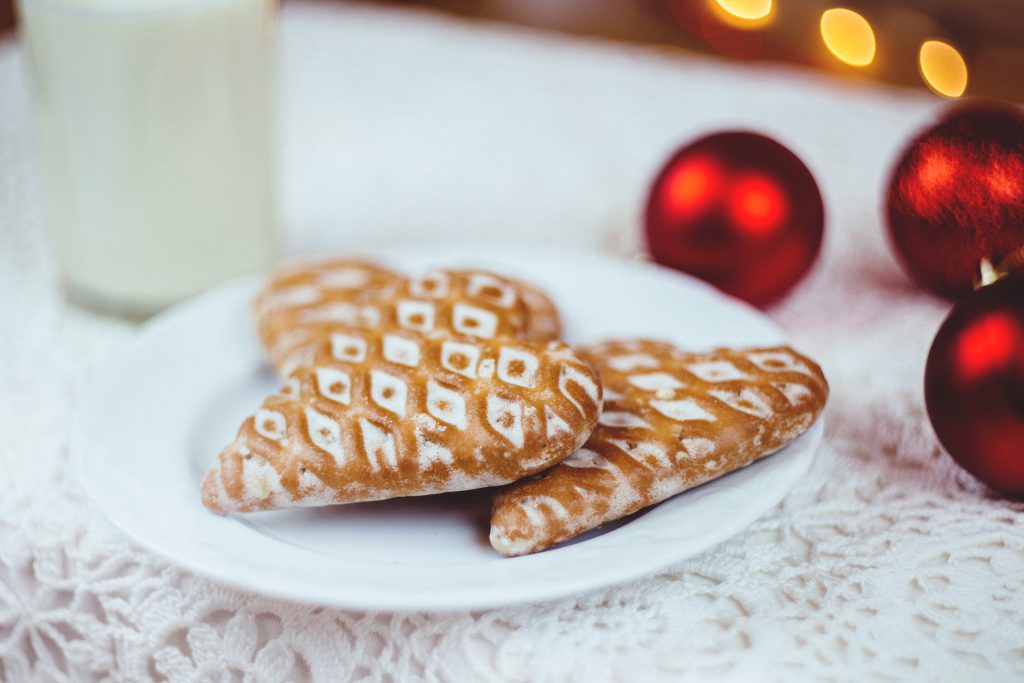



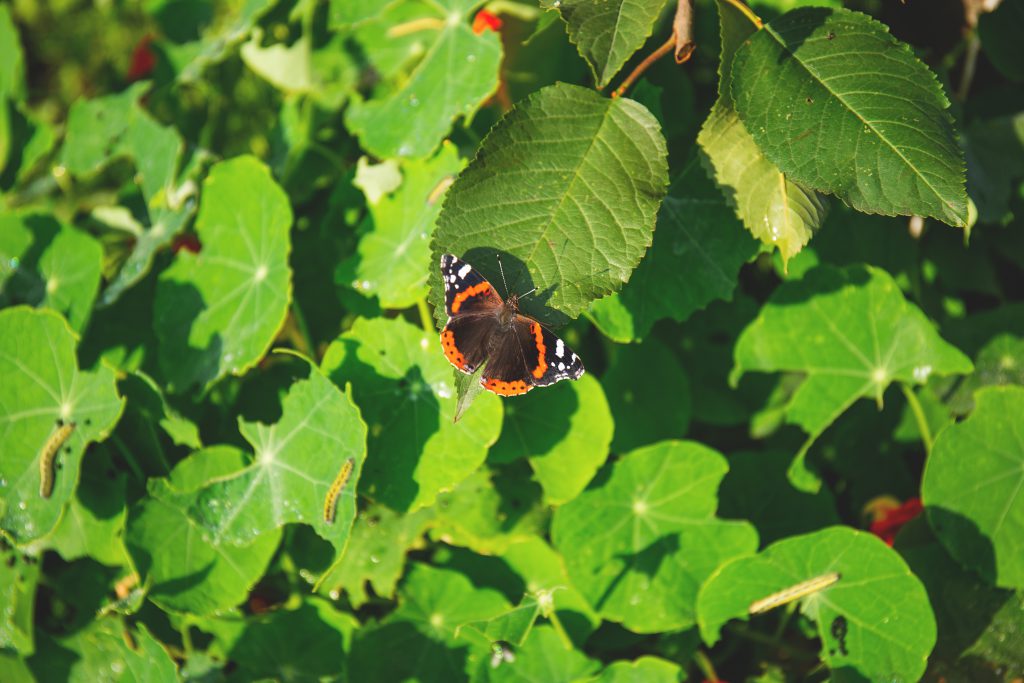
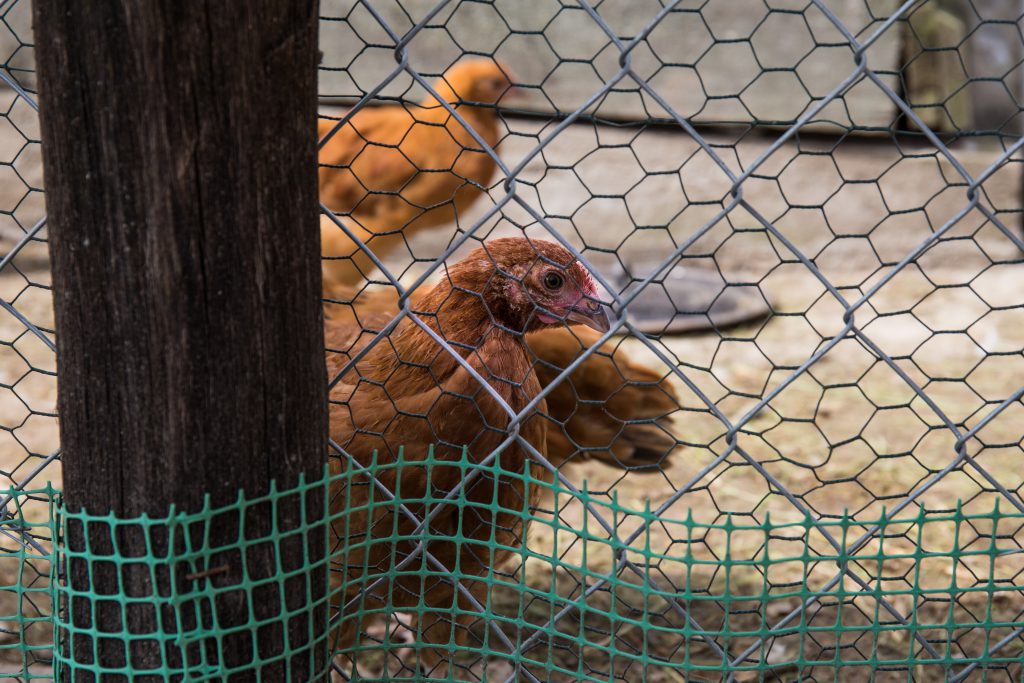
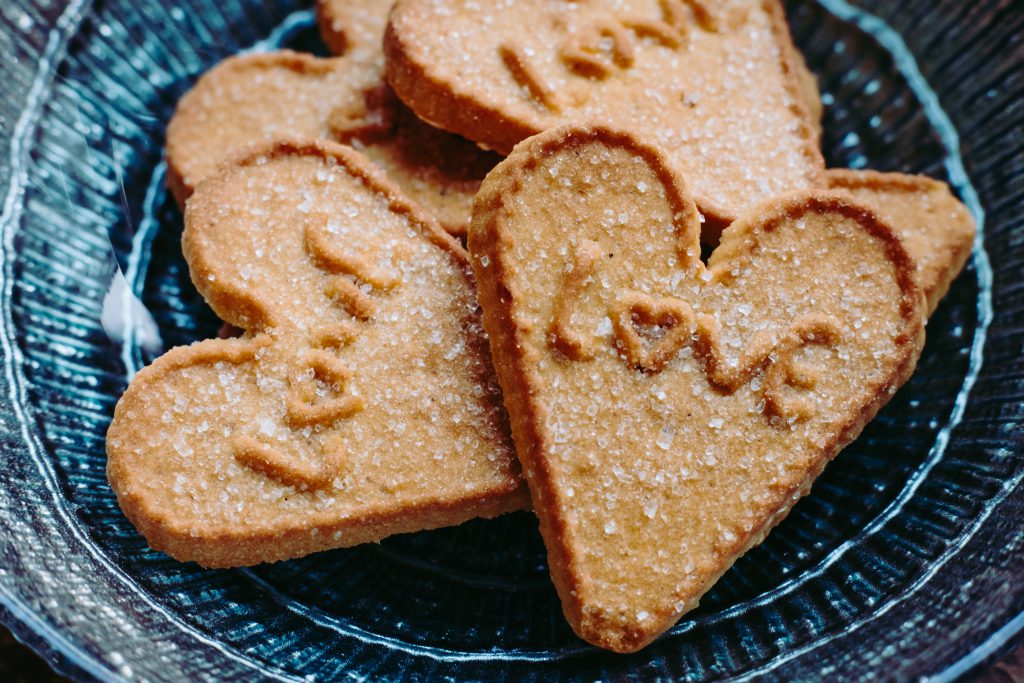

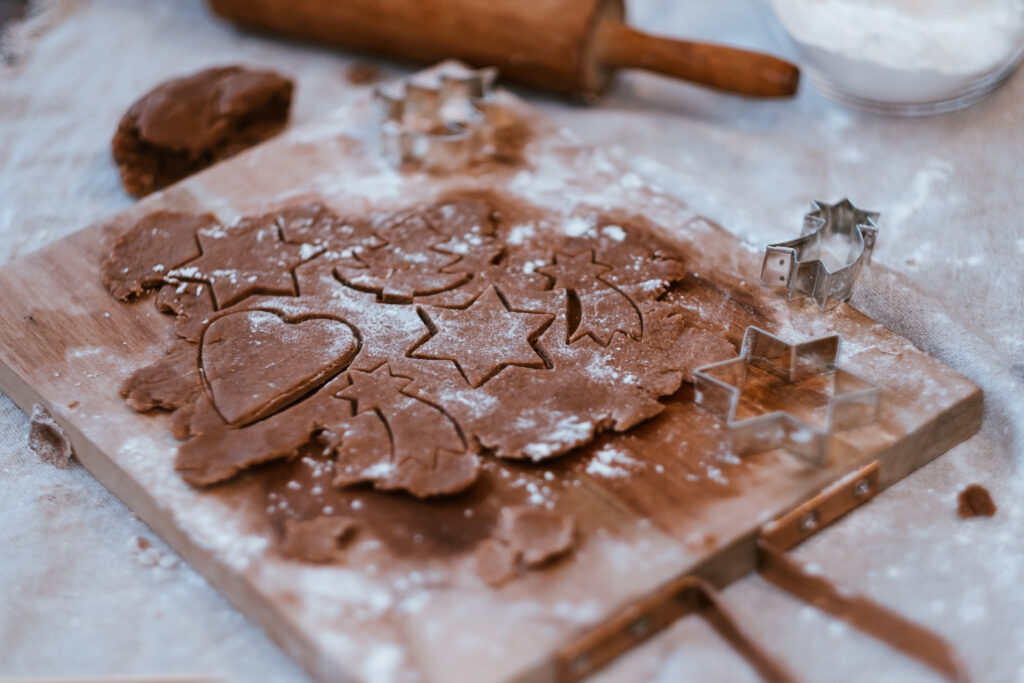
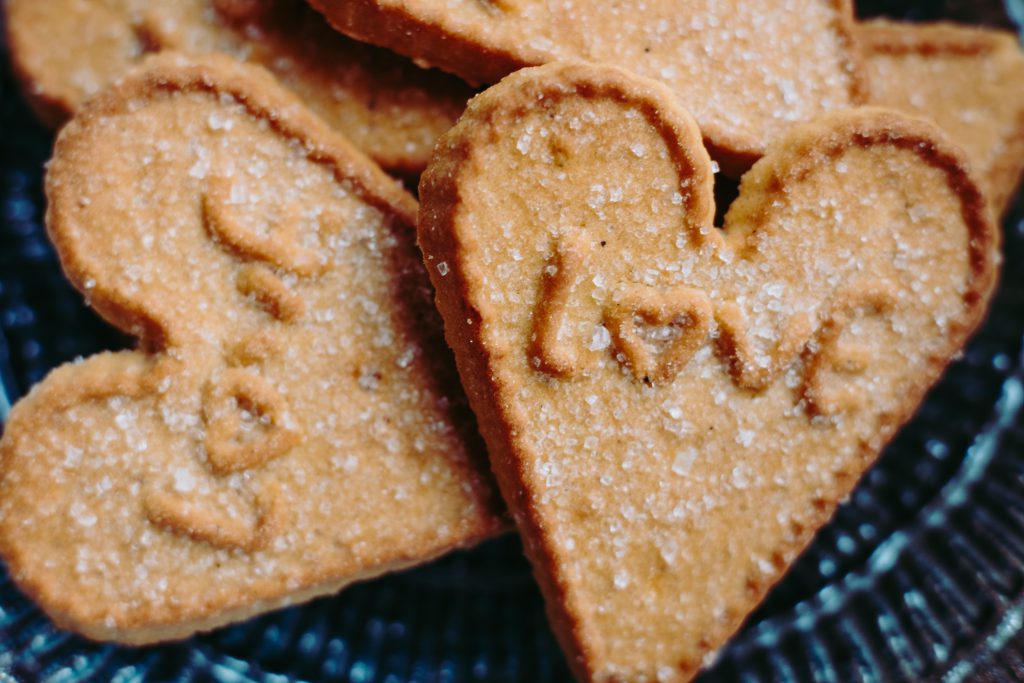
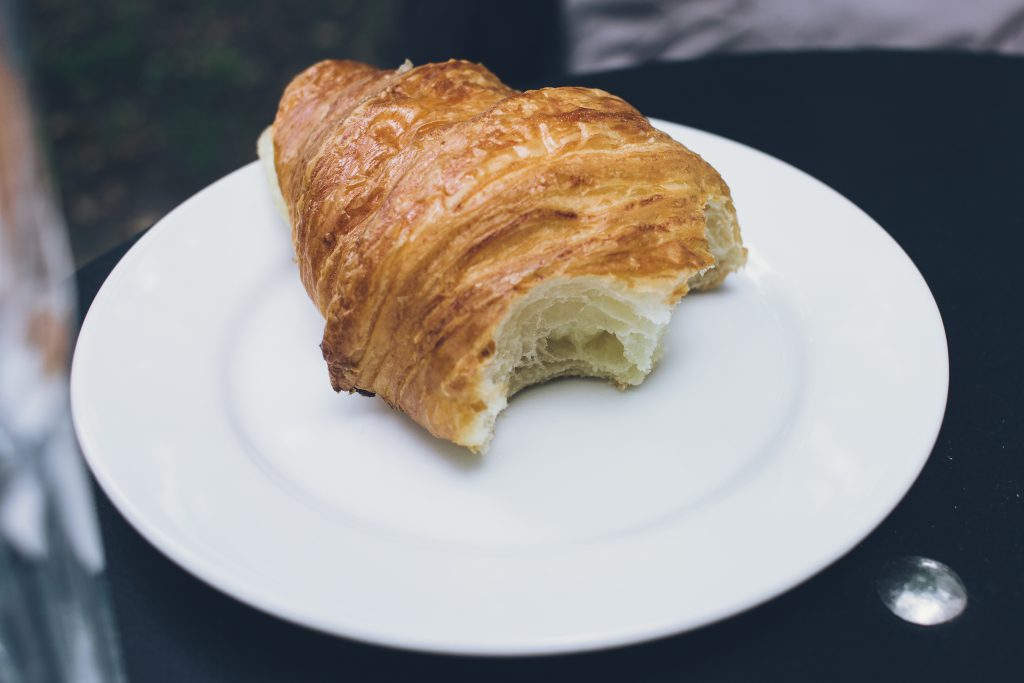


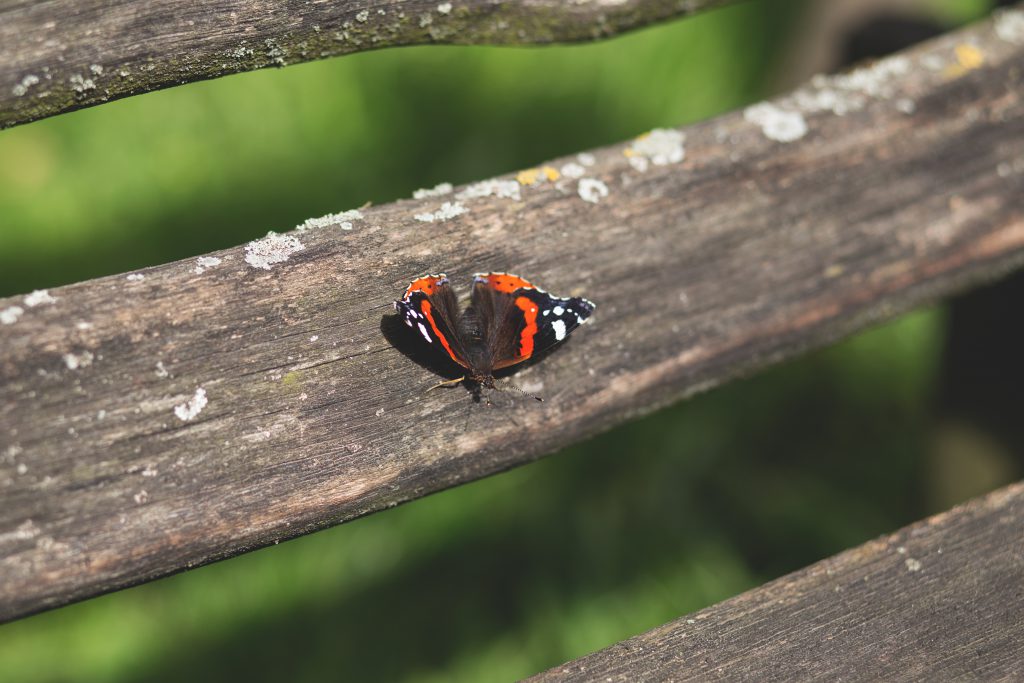



Recent Comments